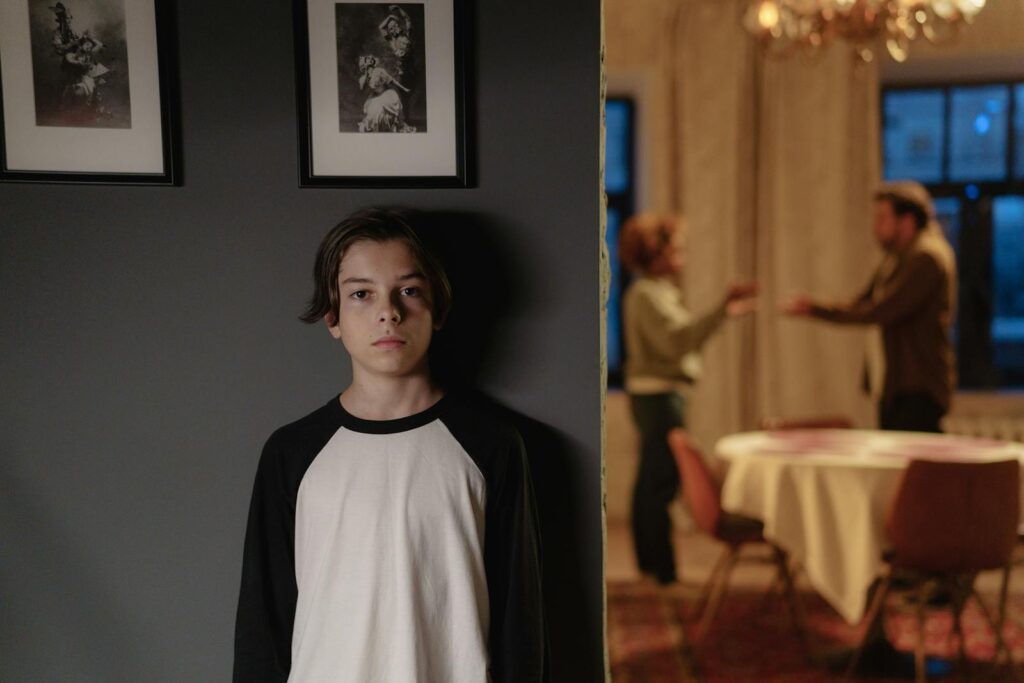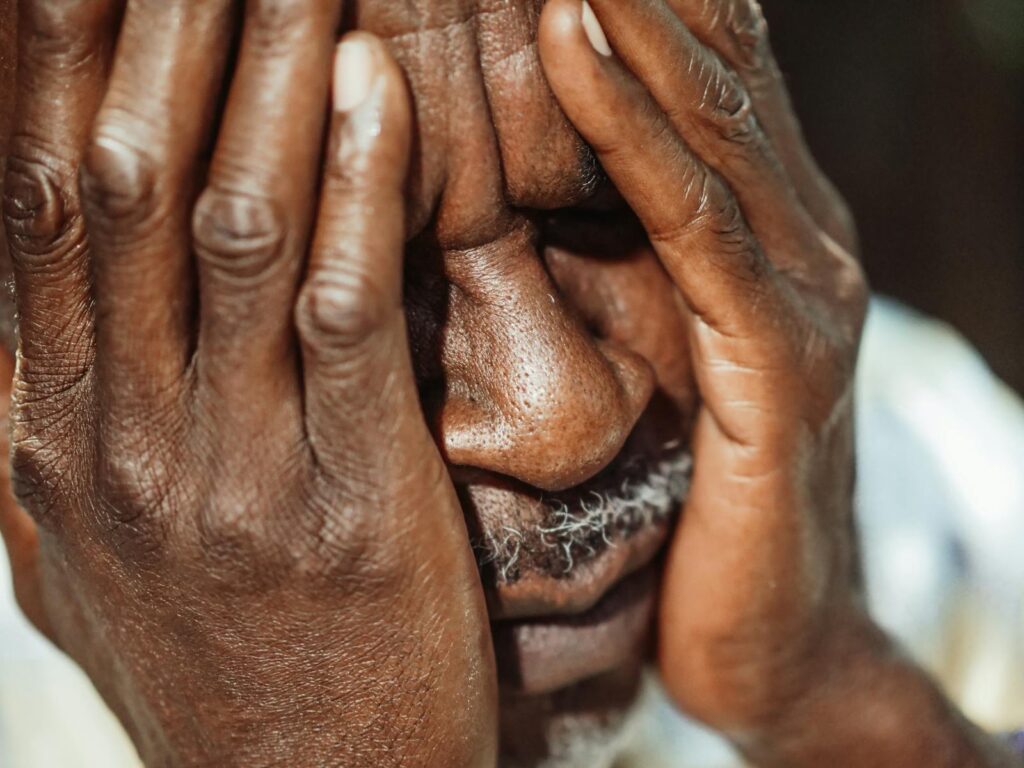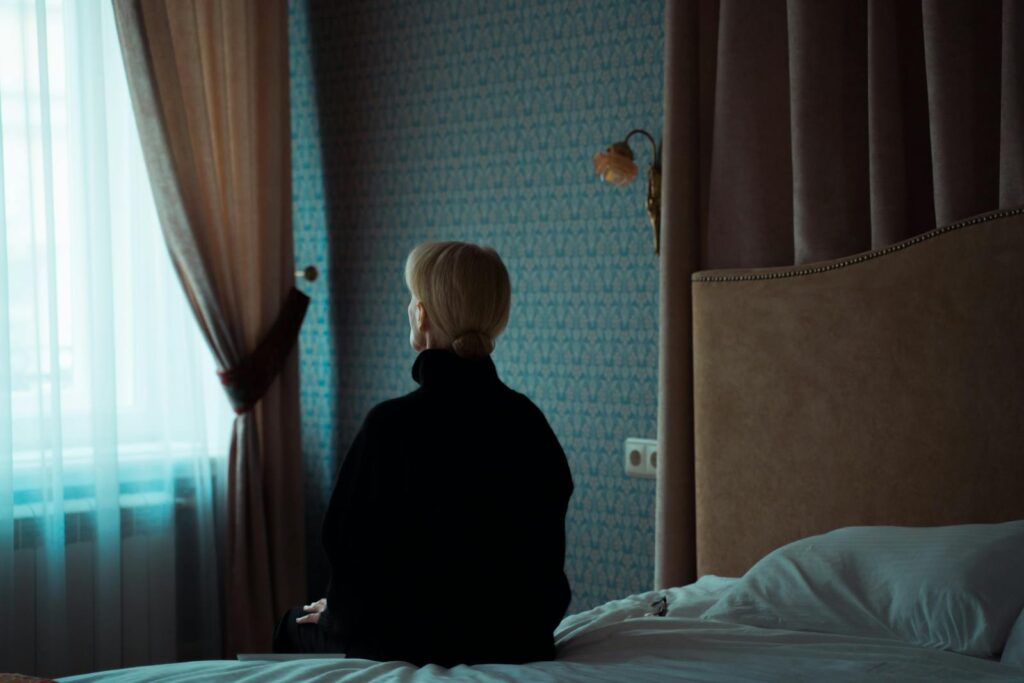Lifestyle
15 Reasons People Stay in Unhappy Marriages

Leaving a marriage isn’t easy—even when happiness is long gone. People stay for reasons that aren’t always obvious from the outside. Fear, guilt, practicality, and hope can all play a part. It’s rarely just one thing. The emotional weight of commitment, shared lives, and uncertainty about the future can be paralyzing. Here are 15 deeply personal reasons why people remain in marriages that no longer bring them joy.
They don’t want to hurt the kids.

Children are often the main reason people stay. Parents worry that divorce will disrupt their kids’ lives or cause emotional harm. Even in an unhappy marriage, some believe staying together provides stability. They put on a united front, hoping that keeping the family under one roof is better than breaking it apart—even when tension quietly fills the home. The fear of changing the only reality their kids know keeps them from leaving.
They fear financial instability.

Divorce can be expensive, and the aftermath can bring serious financial challenges. For many, the fear of losing a home, splitting assets, or adjusting to a single income is overwhelming. They may not have a safety net or the means to start over. So they stay—not because things are good, but because the risk of hardship feels too high. Economic fear can outweigh emotional discomfort when the future feels uncertain.
They worry about what others will think.

There’s still social pressure to keep a marriage going, especially if it’s lasted years. People fear judgment from family, friends, or their community. They worry others will see them as failures or blame them for giving up. Saving face becomes more important than seeking happiness, and they convince themselves it’s easier to stay than explain why they left. The opinions of others become chains they carry every day.
They’re afraid of being alone.

The thought of starting over can be paralyzing. After years with the same person, being single again feels foreign. People fear loneliness more than unhappiness. The routines, even when miserable, offer familiarity. They don’t know who they’d be outside the relationship, so they stick with what they know—even if it no longer brings comfort. The fear of quiet nights and solo holidays keeps them locked in a life that no longer fits.
They believe things might get better.

Hope can be powerful—even when it’s misplaced. Some people stay in unhappy marriages because they believe the problems are temporary. They wait for life to slow down, stress to ease, or for their partner to change. They remember how things once were and hold out hope it’ll return, even if that hope slowly erodes over the years. Hope makes them feel like leaving now would be quitting too early.
They feel too invested to walk away.

Time, energy, shared history—it all adds up. After building a life together, some people can’t bear the thought of it going to waste. The memories, milestones, and sacrifices make it feel like leaving would undo everything. So they stay, convincing themselves they’ve come too far to turn back now. The years spent together become a reason to stay, even when those years are filled with growing distance and regret.
They worry about starting over at their age.

For those who’ve been married a long time, the idea of rebuilding life in midlife or later feels exhausting. The dating world has changed, and the idea of opening up to someone new doesn’t feel appealing. It’s easier to stay where things are familiar than to face the uncertainty of life after marriage. They convince themselves it’s too late to start fresh, so they stay with what they’ve got—even if it’s not working.
They’ve grown emotionally dependent.

Some relationships create a deep sense of dependence—even if they’re unhappy. One partner may rely on the other for emotional regulation, identity, or confidence. The idea of leaving can feel like losing a part of themselves. Even if they’re hurting, the dependency makes it hard to imagine life without that person in the picture. They’ve wrapped their sense of self so tightly into the marriage that separation feels like erasure.
They don’t want to disrupt family dynamics.

Extended families, shared holidays, and family traditions can all complicate a split. People stay to avoid rocking the boat—especially when in-laws, adult children, or blended families are involved. The fear of awkward gatherings, divided loyalty, or strained relationships with relatives can make someone choose discomfort over disruption. They sacrifice personal peace to maintain a sense of family unity, even if it means pretending during every shared occasion.
They’ve normalized the unhappiness.

Over time, some people stop noticing how unhappy they really are. They convince themselves that all marriages lose passion or that fighting is just part of the deal. When misery becomes routine, it stops feeling urgent. The absence of drama gets mistaken for stability, and they stay because they’ve forgotten what joy in a relationship should feel like. Settling becomes second nature, and real happiness feels like a distant memory.
They feel guilty.

Guilt can be a powerful leash. People worry about the pain they’ll cause their partner, even if they’re suffering too. Some feel responsible for their spouse’s well-being or fear their partner won’t cope well with a split. That guilt creates a kind of emotional prison where leaving feels selfish, no matter how much it’s needed. The weight of that guilt keeps them rooted, even as they quietly fall apart inside.
They think they’re protecting their partner.

In some cases, people stay because they believe their spouse is too fragile, unstable, or dependent to be left. They take on a caretaker role, sacrificing their own happiness to maintain the emotional balance. Even when love has faded, they feel duty-bound to stay, convinced their departure would ruin the other person’s life. Their own needs take a back seat to perceived responsibility, leaving little room for honest self-care.
They’re stuck in denial.

Admitting a marriage has failed is painful. It forces people to reevaluate their choices, identity, and future. Some stay simply because acknowledging the truth is too hard. Denial becomes a coping mechanism, allowing them to keep moving forward without facing the emotional fallout of ending the relationship. Pretending things aren’t that bad is easier than confronting how far things have fallen. They stay, hoping their silence will somehow fix what’s broken.
They fear legal battles.

Divorces aren’t always simple. Some anticipate messy custody disputes, drawn-out court cases, or a vindictive partner who won’t let go easily. The stress of fighting through a legal system feels worse than staying put. They avoid confrontation by keeping the peace, even if that means staying miserable behind closed doors. The fear of drawn-out disputes and courtroom drama keeps them in place, choosing quiet endurance over legal warfare.
They’ve tied their identity to being married.

For some, being a husband or wife isn’t just a relationship—it’s a core part of who they are. Letting go of the marriage feels like letting go of that identity. They can’t picture themselves as a single person, and that fear of identity loss keeps them trapped in a relationship that no longer serves them. They stay not for love or hope but to preserve the role that once gave them meaning.

